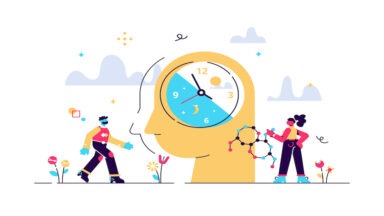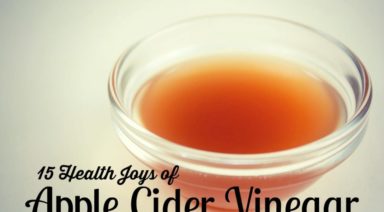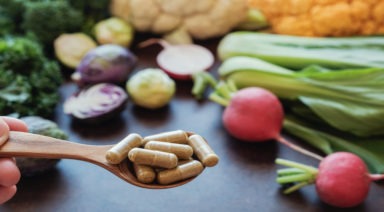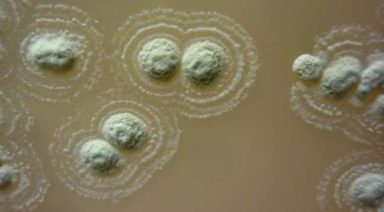The 5 Colors of Phytonutrients: Eat the Rainbow!
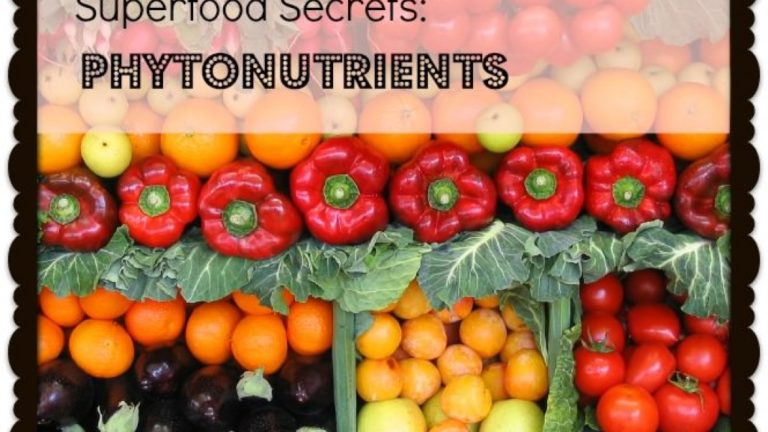
Wellness experts are always telling us that we need to eat more colorful foods. The reason behind this is that these pretty fruits and veggies are actually nutritional powerhouses, chock full of the good stuff: phytonutrients.
You may have heard this word being thrown around before, but here’s what it actually means. Broken down, “phyto” refers to the Greek word for plant. These chemicals help protect plants from germs, fungi, bugs, and other threats. The plain-English explanation is that plant foods contain thousands of natural chemicals. These are called phytonutrients or phytochemicals, and they’re what make fruits and veggies worth eating, as they may help prevent disease and keep your body working properly. The roles phytonutrients play range; they can act as antioxidants, immune system-boosters, lower risk of bone loss, eye health, lower risk of cancers, inflammation-reducers, asthma risk-reducer, coronary heart disease prevention, and overall lifespan-extenders. Some of the phytonutrients Good Guys that do all this are resveratrol, catechins, hesperidin, flavonols, ellagic acid, lutein and zeaxanthin, lycopene, alpha-carotene, beta-carotene, and beta-cryptoxanthin.
You don’t have to just eat fruits and veggies to gain the phytonutrient benefits, either. A lot of plant-based foods have them too, such as:
- Whole grains
- Nuts
- Beans
- Tea
- Wine (now, don’t go crazy on this one!)
About the Author

California Bay Area native-turned-Coloradan Rachel Grussi Keller is a lifetime writer and UC Irvine graduate of Literary Journalism. Rachel’s true passion lies in telling the untold story, unraveling the facts and writing the best balance of all sides. With a benevolent bodybuilding father passing on his wellness wisdom, she has a long history of love for health and fitness, as well as helping others come to understand who they are and finding their value.
Rachel can often be found digging into Bioware titles, bonding with animals of all sizes (particularly dogs), traveling to destinations near and far, pushing the limit on her library card and putting yet another mile into her running shoes. She currently lives in the Denver area with her own Prince Charming, Jonathan, and their eternally-energetic, loveable Lab-Pit mutt, Lani.
Next Article
How to Tune the Circadian Rhythms in Your Body
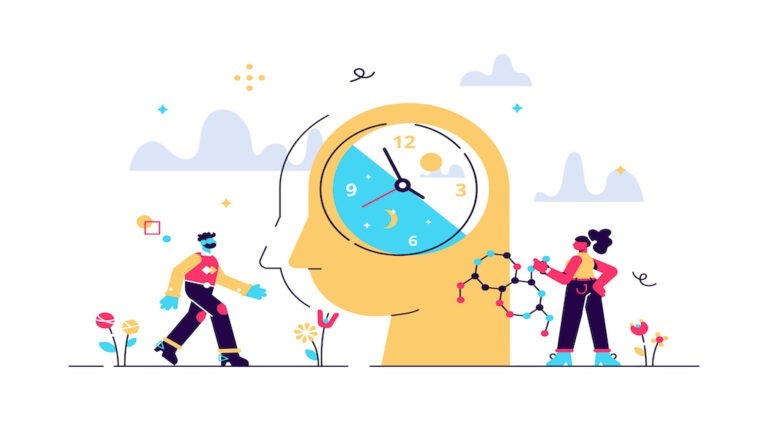
Never before have we lived so out of sync with the rhythms of nature. Can the resulting damage to our health be reversed? The new science of circadian medicine shows great promise in doing just that.
Until the industrial revolution, humans lived in accordance with the natural cycles of light and dark, or circadian rhythms. That all changed with the advent of electricity and artificial light. Today, our modern lifestyles and especially our exposure to blue light from electronic devices, have been making a major impact on our internal biological clocks. Research in an emerging field called circadian medicine is finding that there are ways to reset our circadian systems and bring us back into balance.
Dr. John Douillard is a renowned ayurvedic practitioner who’s been following the developments in the field and incorporating what he calls “circadian wisdom” in his practice for years.
“So the research is telling us that there are biological clocks in pretty much every cell of our body,” Douillard said. “But those biological clocks have to stay, like every clock, you have to set the clock to make sure it’s right and telling the right time. So the biological clocks are in sync with the circadian rhythms which are the light/dark cycles, both daytime, and the seasonal light/dark cycles.”
Watch more:

The video streaming platform exploring Alternative Health, and Health & Wellness
Free Trial
